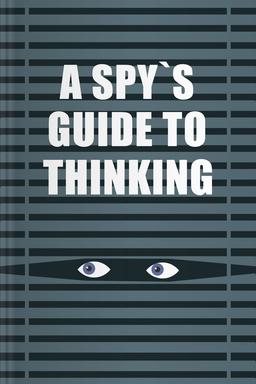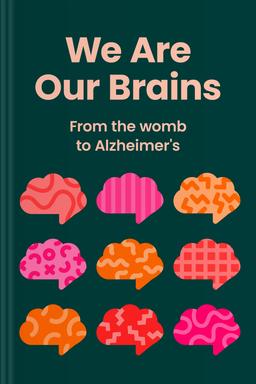Have you ever wondered why you can't focus during meetings, or why your child seems to be wired differently and behaves differently from other children? Neuroscience books answer these questions. With our list of fascinating books, you can learn how your brain really works. You'll learn more about conditions like ADHD, autism, and anxiety in a logical way.
Authors like Norman Doidge and Temple Grandin don't just describe problems, they show you what's happening inside your head and offer real solutions. You'll learn why your brain does what it does, and more importantly, how to work with it instead of against it. These books turn confusing symptoms into clear explanations you can use.
Neurology books that explain your brain without the complicated terminology
Neurology books break down how your brain controls everything you do. D. F. Swaab's 'We Are Our Brains' shows how your brain develops before you're even born and keeps changing throughout your life. You'll see why teenagers act impulsively (their frontal lobes aren't fully developed) and why grandma forgets where she put her keys (normal aging affects memory storage).
Neurology books help when you're struggling with focus or managing a condition. 'ADHD 2.0' by Edward M. Hallowell and John J. Ratey updates what we know about attention disorders. It’s like an updated, more human version of understanding ADHD (attention deficit hyperactivity disorder).
Hallowell and Ratey are both psychiatrists, and most interestingly, both have ADHD themselves, so they write not from the “top down” but from the inside out. They explain that ADHD is a different way of brain functioning, which has its downsides, but also many upsides: creativity, energy, intuition, flexibility of thought.
'The Autistic Brain' by Temple Grandin offers something rarу and deeply personal, yet scientifically informed exploration of how the brains of people with autism work. Temple is an autistic person herself, so she combines insider experience with neuroscience. In the book, she explains that autism is not a "defect" but a different way of thinking. She describes how modern brain research is helping to understand why some people with autism think visually, while others think logically or verbally.
Best neurology books for changing how your brain works
The best neurology books prove your brain can change, even in adulthood. Jeffrey M. Schwartz in 'The Mind and the Brain' demonstrates how people with OCD can literally rewire their brain circuits through focused mental exercises. You can change the brain you have right now.
Norman Doidge's 'The Brain that Changes Itself' documents cases where people recovered from strokes, learned to see with their tongues, and overcame learning disabilities. One story follows a woman born with half a brain who lives a normal life because her remaining brain tissue took over the missing functions. These aren't miracles — they're examples of neuroplasticity, your brain's ability to form new connections.
These books matter because they give you the agency to make a difference. When you understand that repeating certain thoughts strengthens specific neural pathways, you can deliberately practice better thinking patterns. Someone with anxiety learns that their brain's alarm system is stuck on high alert, but they can train it to calm down through specific techniques.
The practical applications show up in daily life. You'll know why learning a new language at 50 helps prevent dementia (it builds cognitive reserve), or why that morning walk improves your mood (exercise increases neurotransmitter production).
Books like 'ADHD 2.0' explain why medication helps some people focus, and why others do better with behavioral changes and structure. You stop guessing and start making informed decisions about your brain health.




